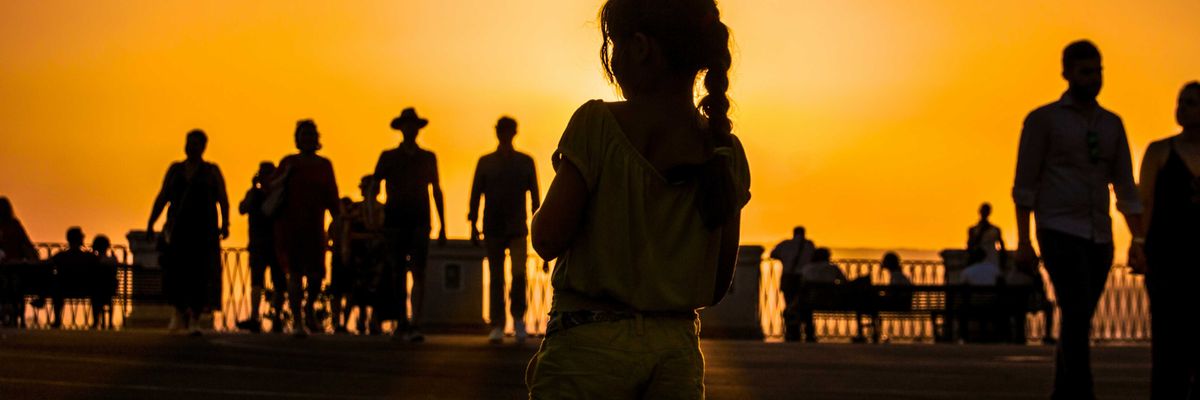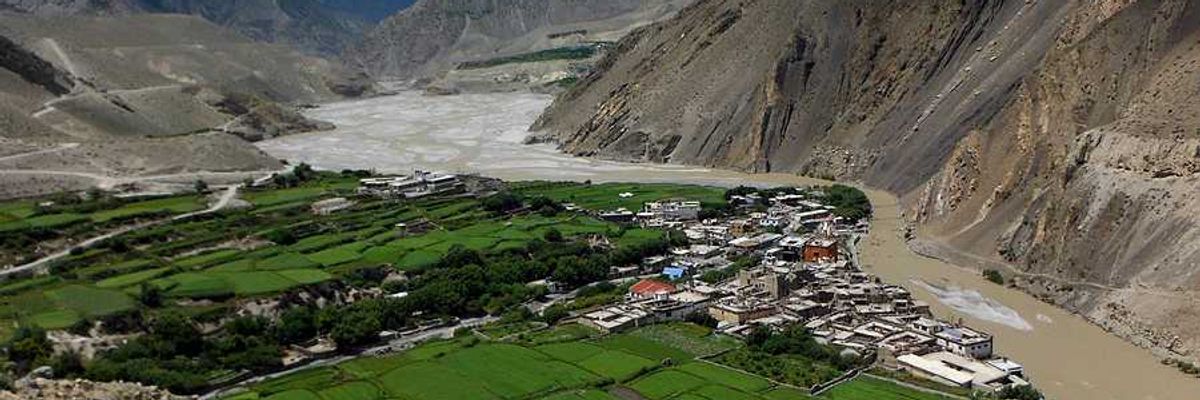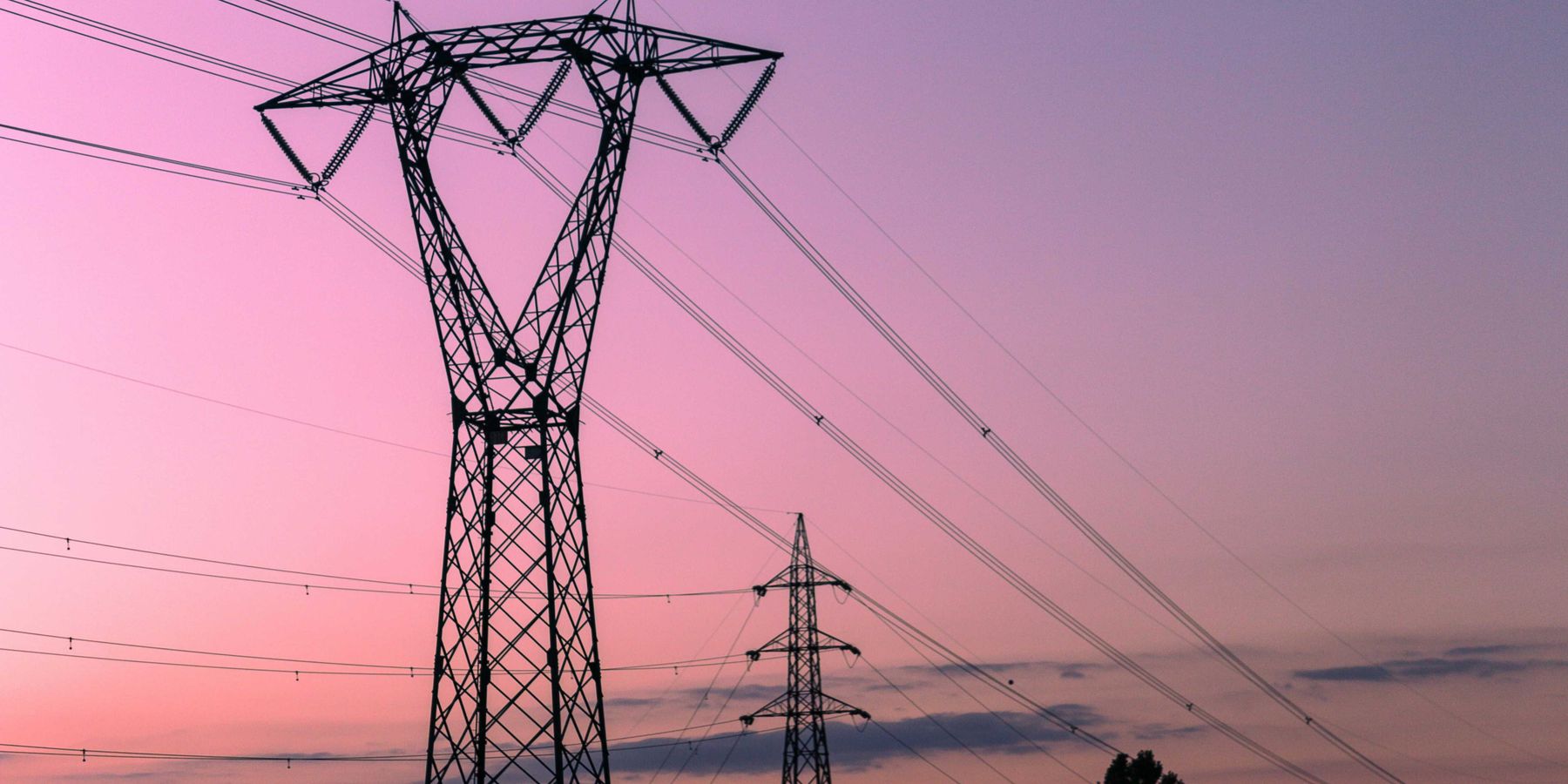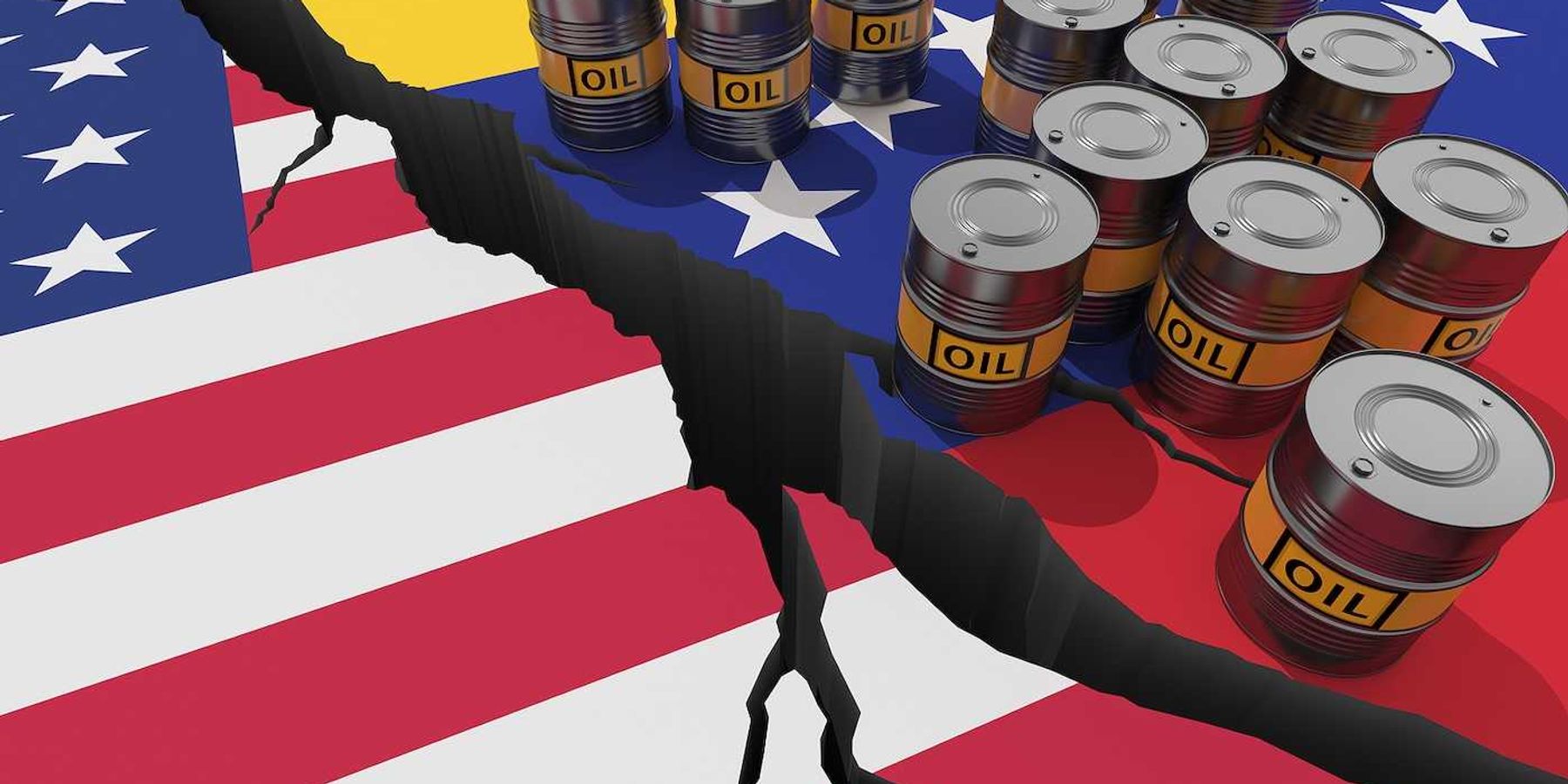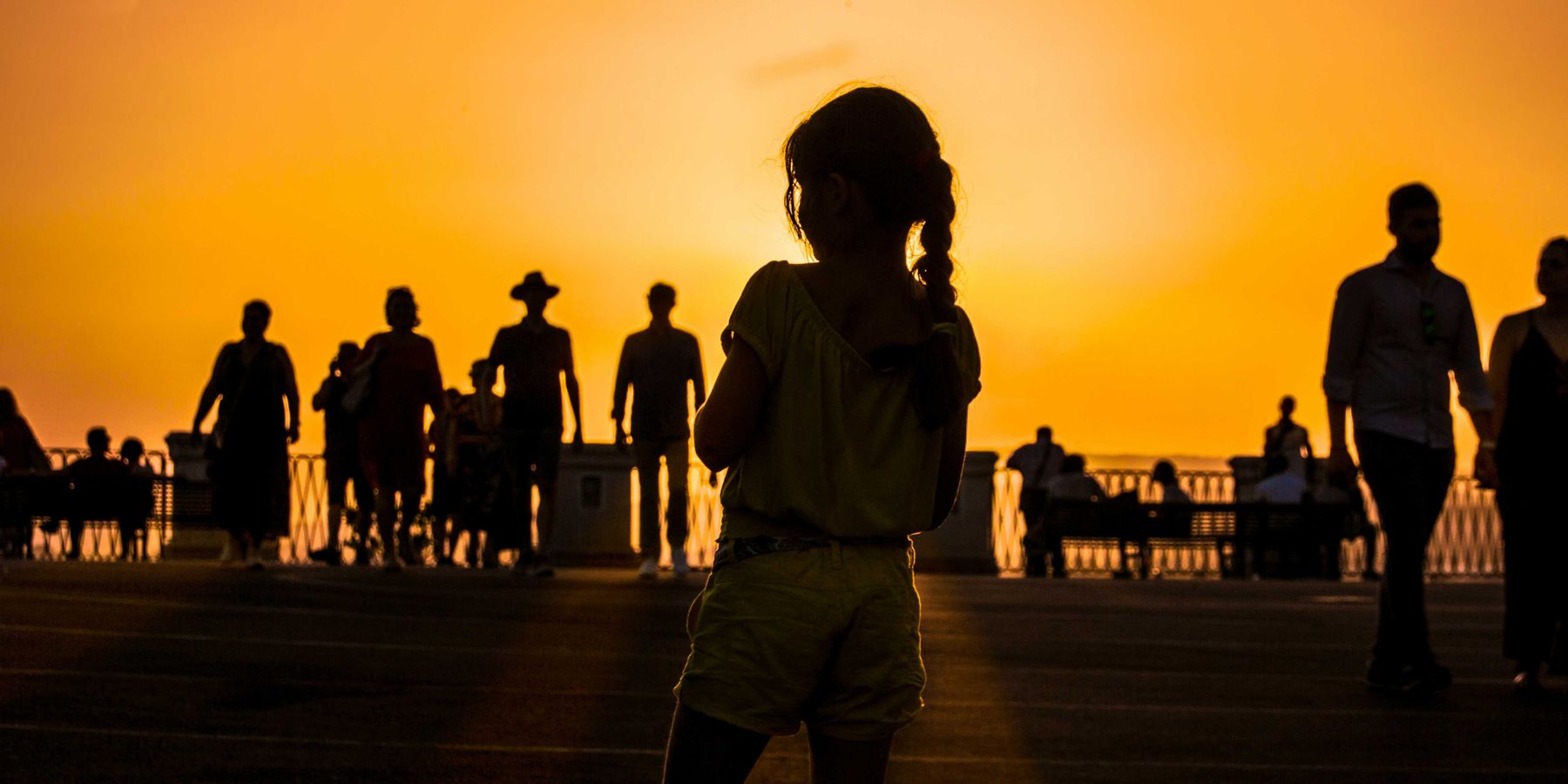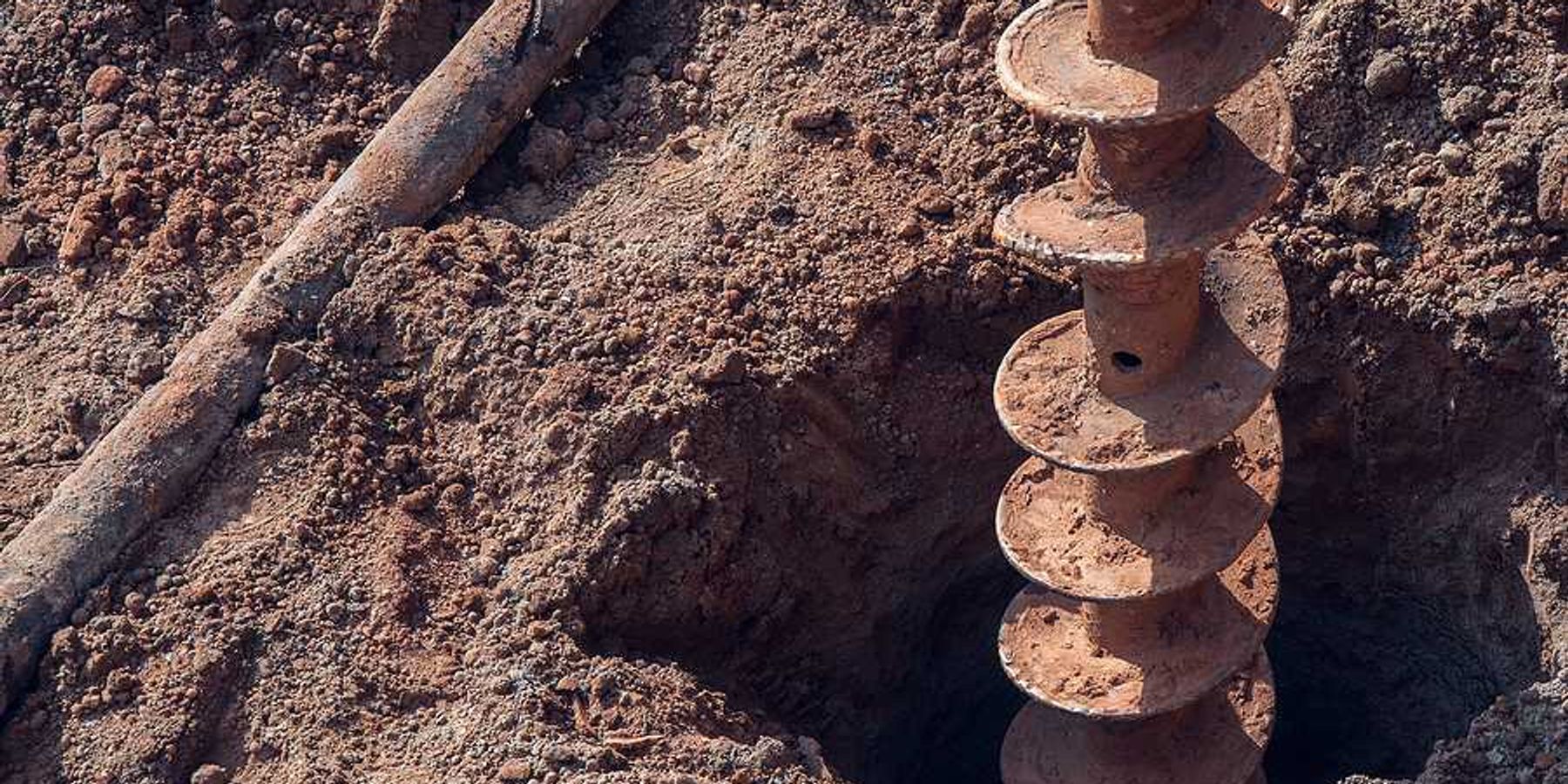court
Youth at the forefront of climate change litigation
Young climate advocates are challenging the U.S. government in court, demanding accountability for climate change inactions.
In short:
- Young activists, including a notable 23-year-old plaintiff in the Juliana v. United States case, leverage legal battles to hold the U.S. government accountable for climate negligence.
- These legal challenges, rooted in the Atmospheric Trust Litigation principle, assert the government's failure to protect the constitutional rights of its younger citizens.
- Historical context shows that youth have always been pivotal in driving significant political movements, emphasizing the enduring power of young voices in societal change.
Key quote:
“There are simple things you can do in your own homes, like not let the water run, or turn off the lights when you’re not using them. You could teach these things to your children. Every choice we make is for or against our future.”
— wise words from then-6-year-old climate activist Xiuhtezcatl Martinez
Why this matters:
The impact of youth activism is undeniable. It has reinvigorated older generations of environmentalists, brought climate issues to the forefront of political debates, and even influenced the strategies of nonprofit organizations and advocacy groups. Their call for action is not just about reducing carbon emissions or protecting natural habitats but encompasses a broader vision of social justice, equity, and intergenerational responsibility.
Youth environmental activism has moved us forward in many ways—but to maximize this impact we need coalitions that learn from the past in order to prepare for the future.
Michael E. Mann: Legal victory highlights the ongoing battle for climate science integrity
In a recent defamation case, scientists Michael E. Mann and Peter J. Fontaine emerged victorious, highlighting the ongoing struggles against climate misinformation.
Michael E. Mann and Peter J. Fontaine write for The New York Times.
In short:
- Michael E. Mann, a climate scientist, and Peter J. Fontaine, an environmental lawyer, recently won a defamation lawsuit, emphasizing the severity of attacks on climate science.
- The court case reflects a broader issue where scientific research, especially on climate change, faces distortion and defamation.
- This victory marks a significant step for scientists to legally counteract misinformation, but also underscores the ongoing battle against climate science skepticism.
Key quote:
"We hope this sends a broader message that defamatory attacks on scientists go beyond the bounds of protected speech and have consequences."
— Michael E. Mann and Peter J. Fontaine
Why this matters:
This case not only defends the integrity of scientific research but also underscores the critical need to address climate misinformation. Understanding and acknowledging scientific facts is vital for informed public policy and health outcomes, especially as the world faces increasing environmental challenges.
Be sure to read Peter Dykstra’s 2020 piece: America re-discovers anti-science in its midst.
Why 2024 will be a crucial year for climate litigation
Amid record domestic oil and gas production in the US and broken promises from fossil fuel companies, climate champions are increasingly looking to the courts to bring about accountability for climate damage.
‘Hope is a discipline’: Youth climate case plaintiff on why he’s suing the US government
Nathan Baring of Alaska is part of a group of young activists suing the US, which they say ‘willfully ignored’ dangers of fossil fuels.
Exclusive: Law firm behind Juliana kids climate case takes on EPA
Case against 14 Queensland climate protesters adjourned as questions raised over validity of charges
The validity of charges against 14 Queensland activists facing the possibility of jail for a climate protest inside the state parliament has been questioned in court, as the case was adjourned on Monday.
Young people to take 32 European countries to court over climate policies
Six young people are preparing to appear at the European court of human rights to try to compel 32 nations to rapidly escalate their emissions reductions in the world’s largest climate legal action to date.

